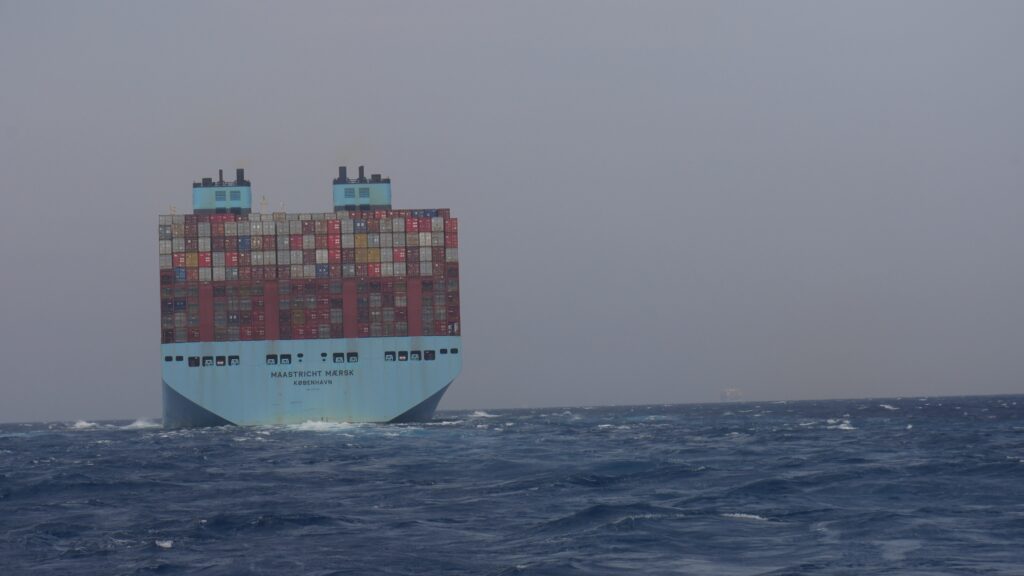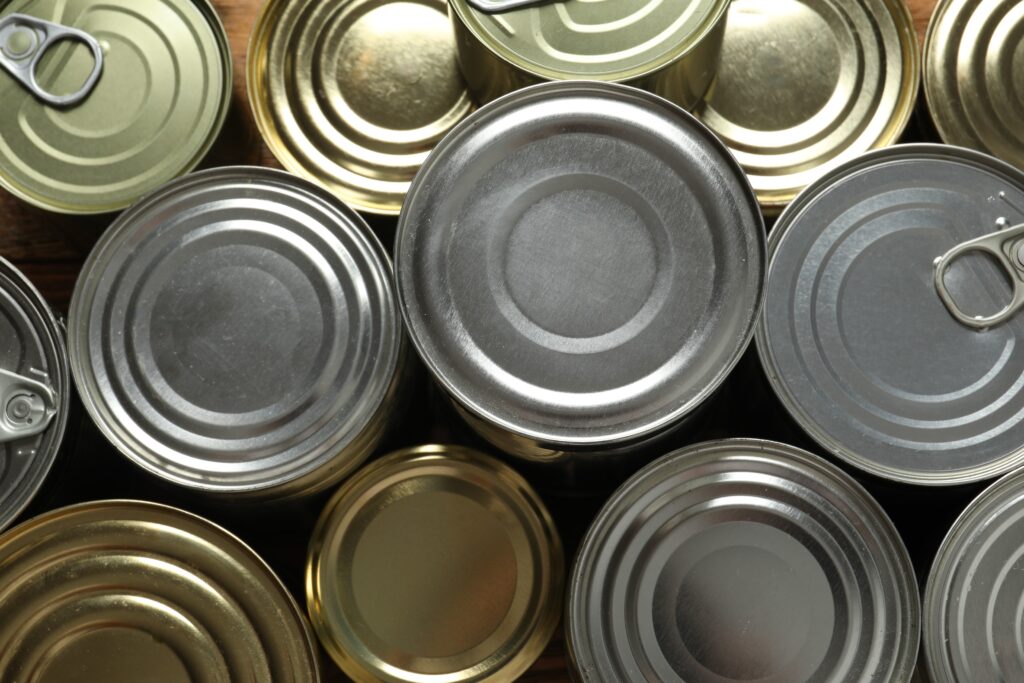A separate report from Bloomberg Intelligence has shown a growing gap between the amount of copper produced and demand for the raw product – globally there will be a 6.5 million tonnes gap by 2033. The same report identifies that better recycling of copper could potentially meet the additional demand.
Recycle Your Electricals’ “The Great Cable Challenge” campaign is drawing attention to the “drawer of doom” ahead of this year’s International E-waste Day (14 October). It is encouraging the public to recycle their cables rather than binning them or banishing them to the bottom of drawers.
Its research revealed that UK households might collectively hold 627 million unused or binned cables – worth £266 million.
Scott Butler, executive director of Recycle Your Electricals, said: “We need to start ‘urban mining’ and help protect the planet and nature from the harmful impacts of mining for raw materials and instead value and use what we have already.
“People may not realise that cables and electricals contain valuable materials, not just copper, and that if binned or stashed, we lose everything inside of them when we don’t recycle them into something new. That’s why we’re starting with the Great Cable Challenge.
“Doing the right thing by your old and unwanted electricals has never been easier; with over 26,000 recycling points around the UK. Just check our Recycling Locator for yours – anything with a plug, battery or cable can be reused and recycled and there’s somewhere near you to do it.”
The looming copper crisis
Royal Society of Chemistry has found that 347,000 tonnes of copper is needed to build wind turbines and solar panels by 2030. Recycle Your Electricals research has suggested that 30% of this copper could be produced from recycled copper that is currently thrown away.
Grant Sporre, senior analyst of metals and mining at Bloomberg Intelligence said: “Supplying the world’s copper requirements over the next 10 years is going to be challenging, with the market potentially facing severe shortages in five to ten years. All the shallow, easy-to-extract copper deposits have been mined out. Securing social and environmental approval to build new mines is becoming harder, and it can take up to 15 years to commence mining.
“This, together with the growing demand for copper and the drive to decarbonise, is going to require a significant amount more copper. The building of renewable power generation in the form of wind and solar farms, and the switch from petrol and diesel cars to electric, could keep copper demand growing at 2.5 to 3% per annum. Therefore, the gap between supply and demand could grow to as much as 6.5 million tonnes globally by 2033.
“Better recycling practices and efficiencies will be needed to close this gap. Increasing the proportion of recycled copper to 50% from current levels of 30% would be a significant challenge for global supply chains but could potentially meet the additional demand.”










Subscribe for free